Is it time to clean your feeders?
Is it time to clean your feeders!? The Importance of Clean Feeders and Bird Health
Feeding wild birds can be a delightful hobby, offering a front-row seat to nature's beauty. However, if not done properly, it can inadvertently harm the very creatures we wish to help. A crucial, often overlooked aspect of feeding birds is maintaining clean feeders. Dirty bird feeders can lead to the spread of disease, turning a well-meaning activity into a health hazard for your feathered visitors.
Why Clean Bird Feeders Matter
Bird feeders, like any other environment where animals gather, can become breeding grounds for bacteria, mould, and other harmful pathogens. When birds gather to feed, they're in close contact with one another and with surfaces that might carry contaminants. This creates ideal conditions for diseases to spread.
Some common diseases that can spread through unclean feeders include:
- Salmonella: Bacteria that can cause digestive issues, dehydration, and even death in birds.
- Avian pox: A virus that causes wart-like growths on a bird's body, often leading to difficulty feeding and flying.
- Trichomoniasis: A parasitic infection that affects a bird's digestive system and can be fatal.
- Mould and fungi: These can grow on damp seed or suet, producing toxins harmful to birds, especially in humid conditions.
Clean feeders reduce the risk of these diseases, helping ensure that feeding birds remains a positive experience for both you and the wildlife.
Best Practices for Cleaning Bird Feeders
Maintaining clean bird feeders doesn’t have to be an overwhelming task. With a simple routine, you can ensure a safe feeding environment for your visiting birds.
- Clean Regularly: Aim to clean your feeders every two weeks, more frequently during wet or humid weather, or if you notice a buildup of old seed, droppings, or debris. Wet weather can lead to mould growth, and a higher number of birds means more droppings, both of which can quickly turn a feeder into a health hazard.
- Use Safe Cleaning Solutions:
- Empty the feeder completely and discard old food.
- Check out our cleaning solution products here: https://www.brinvale.com/bird-care/bird-carehealth-and-hygiene/
- Scrub the feeder with a stiff brush to remove any residue, paying special attention to corners and crevices.
- Rinse thoroughly and allow the feeder to dry completely before refilling it with fresh seed.
- Choose the Right Feeder Design: Some feeder designs are easier to clean than others. Look for feeders with smooth surfaces, removable parts, and wide openings, making it easy to reach all areas. Feeders with small holes or narrow spaces can trap moisture and seed, creating ideal conditions for mould growth. Our ring pull range are great at being able to be taken apart and cleaned thoroughly - https://www.brinvale.com/products/ring-pull-click-seed-feeder---metal.html
- Keep the Ground Clean: Regularly clean the area under your feeders as well. Fallen seed can rot or attract unwanted pests, and accumulated droppings can harbour bacteria. Rake up any seed hulls, droppings, and debris to keep the area tidy and healthy for ground-feeding birds.
- Rotate Feeders: If you have multiple feeders, rotating them can help. While one feeder is drying, you can put another in its place, ensuring that the birds always have access to clean feeding stations.
What Happens If Feeders Aren’t Cleaned?
The consequences of neglecting feeder maintenance can be serious. In addition to spreading disease, unclean feeders can discourage birds from visiting. Mouldy or spoiled food can make birds sick, and if they associate your feeders with illness or discomfort, they’ll stop coming around. This defeats the purpose of setting up a feeding station in the first place.
Beyond that, harmful pathogens can spread beyond your backyard. Sick birds can carry diseases to other locations, affecting larger populations and contributing to broader outbreaks of illness among wild birds.
Healthier Birds, Healthier Ecosystem
Birds play a crucial role in ecosystems, from pollination and seed dispersal to pest control. By taking the time to maintain clean feeders, you're not just helping individual birds but also supporting the health of local bird populations and ecosystems. Healthy birds are more likely to thrive, reproduce, and continue contributing to the natural balance in your area.
Final Thoughts: Be a Responsible Bird Feeder
Feeding wild birds is a wonderful way to connect with nature, but it comes with the responsibility of maintaining a clean and safe environment for them. By committing to regular cleaning, you’re ensuring that your feeders remain a healthy oasis for local birds, free from disease and contamination.
With a bit of effort, you can continue to enjoy the beauty of birds while also protecting their health and well-being. Clean feeders mean happy, healthy birds—and more opportunities to enjoy the sights and sounds of these fascinating creatures in your gardens and outdoor spaces .








